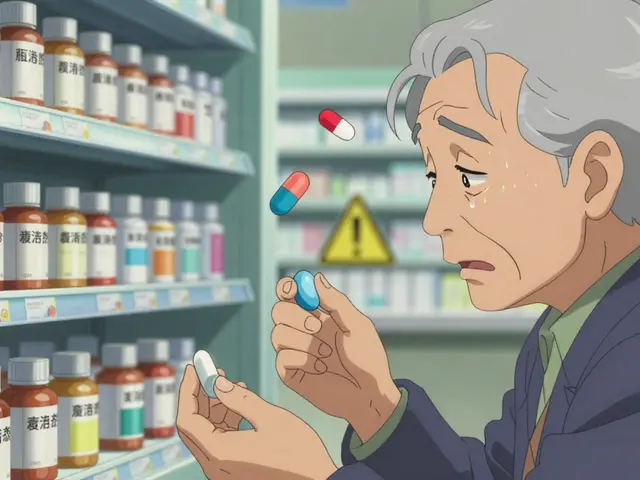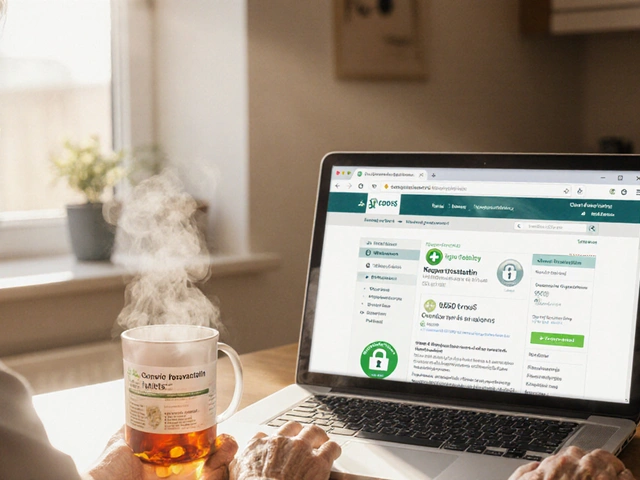GERD Management: How to Tackle Acid Reflux and Heartburn
If you deal with GERD (gastroesophageal reflux disease), you know how uncomfortable that burning feeling can be. It happens when stomach acid flows back into your esophagus, causing irritation and heartburn. The good news? You can manage GERD without complicated routines.
First off, let’s talk lifestyle changes. Simple tweaks like eating smaller meals, avoiding trigger foods (think spicy or fatty dishes), and not lying down right after you eat can make a big difference. Also, try to keep your head elevated while sleeping; it helps prevent acid from creeping back up.
Medications That Help Keep GERD in Check
Sometimes lifestyle changes aren’t enough. That’s where medications come in. Over-the-counter options like antacids can neutralize stomach acid quickly, giving you fast relief. For more persistent symptoms, doctors might recommend H2 blockers or proton pump inhibitors that reduce acid production over time. Remember to follow the dosage and speak with a healthcare provider to pick what suits you best.
When Surgery or Advanced Treatments Make Sense
If GERD is really stubborn and doesn’t respond to meds or lifestyle fixes, surgical options could be an option. Procedures like fundoplication wrap the stomach around the esophagus to strengthen the valve and stop acid from coming up. Recently, devices like the LINX magnetic ring have gained popularity for managing severe reflux. Always chat with your doctor about the risks and benefits before going this route.
Managing GERD isn’t about hacks or quick fixes—it’s about understanding your body and combining smart habits with the right treatments. With the right approach, you can reduce those burning symptoms and enjoy life without constantly worrying about heartburn.
Proton Pump Inhibitor Side Effects: Long-Term Risks, Warning Signs, and Safer Alternatives
By Lindsey Smith On 22 May, 2025 Comments (11)

Proton pump inhibitors (PPIs) can quietly cause trouble when used long term for acid reflux, heartburn, or GERD. This article uncovers the real risks of sticking with PPIs too long—from vitamin deficiencies to dangerous infections—and shares smart ways to recognize early warning signs. You'll also discover when it’s time to try something else, and exactly what alternatives exist, so you can protect your health while keeping stomach problems under control.
View More




